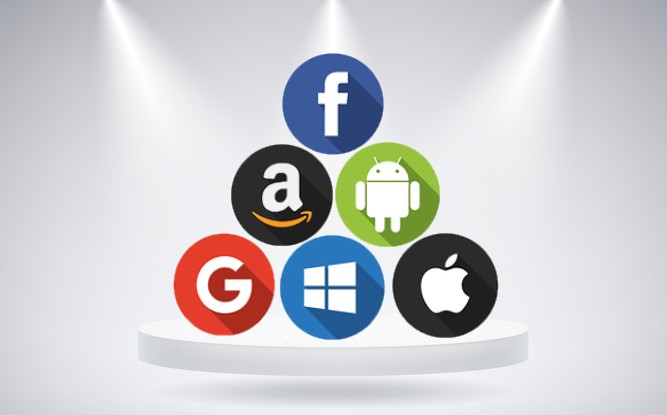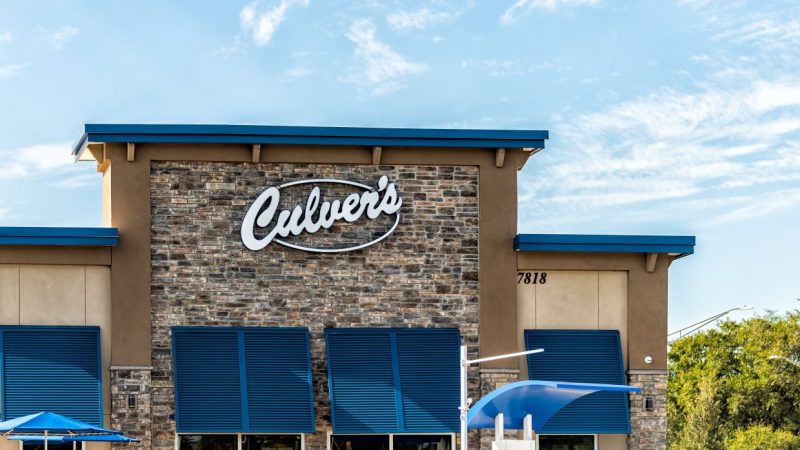facebook microsoft apple uber openstreetmapdickinsonbloomberg

Facebook: Connecting the World
Facebook, founded by Mark Zuckerberg in 2004, has emerged as the leading social media platform globally. With over 2.8 billion monthly active users, it has transformed the way we connect and share information. Facebook’s core mission is to bring people closer together and build communities.
One of Facebook’s most significant contributions is its role in fostering social connectivity. It has enabled individuals to reconnect with long-lost friends and family members, bridging geographical gaps. Moreover, Facebook has revolutionized the advertising industry by providing targeted marketing opportunities to businesses of all sizes.
However, Facebook has faced criticism regarding privacy concerns and the spread of misinformation. The company has taken steps to address these issues by implementing stricter privacy policies and partnering with fact-checking organizations to combat fake news.
Microsoft: Empowering Productivity
Microsoft, founded by Bill Gates and Paul Allen in 1975, has been at the forefront of the software industry for decades. The company’s flagship product, Microsoft Windows, revolutionized personal computing by providing a user-friendly operating system.
Microsoft’s productivity suite, Microsoft Office, has become an essential tool for businesses and individuals worldwide. It includes applications like Word, Excel, PowerPoint, and Outlook, empowering users to create, collaborate, and communicate effectively.
In recent years, Microsoft has shifted its focus towards cloud computing with Azure. This platform offers scalable and secure cloud services, enabling businesses to store, manage, and analyze their data efficiently. Microsoft’s acquisition of LinkedIn has further expanded its reach into the professional networking space.
Apple: Innovating the Consumer Electronics Industry
Apple, founded by Steve Jobs, Steve Wozniak, and Ronald Wayne in 1976, has redefined the consumer electronics industry with its innovative products and user-centric design philosophy. The company’s flagship products, such as the iPhone, iPad, and Mac, have become synonymous with quality and elegance.
Apple’s App Store revolutionized the way we access and download applications, creating a vibrant ecosystem for developers and users alike. Additionally, Apple’s focus on privacy and security has earned it a loyal customer base that values data protection.
The company’s foray into wearable technology with the Apple Watch has further solidified its position as a leader in the industry. With a strong emphasis on health and fitness features, the Apple Watch has become a popular choice for consumers looking to track their well-being.
Uber: Transforming Transportation
Uber, founded by Travis Kalanick and Garrett Camp in 2009, disrupted the transportation industry by introducing a peer-to-peer ridesharing platform. The company’s mobile app connects riders with drivers, providing a convenient and efficient alternative to traditional taxis.
Uber’s impact on urban mobility has been significant. It has improved transportation accessibility, reduced congestion, and provided income opportunities for millions of drivers worldwide. Moreover, Uber’s introduction of Uber Eats has revolutionized food delivery services, further expanding its reach.
However, Uber has faced regulatory challenges and criticism regarding driver working conditions and safety concerns. The company has made efforts to address these issues by implementing safety features in its app and partnering with organizations to enhance driver benefits.
OpenStreetMap: Collaborative Mapping
OpenStreetMap, founded in 2004, is a collaborative mapping project that aims to create a free and editable map of the world. It relies on contributions from volunteers worldwide, who collect and update geographic data using GPS devices and other sources.
OpenStreetMap has emerged as a viable alternative to proprietary mapping services like Google Maps. Its open nature allows for continuous updates and customization, making it particularly useful in areas where official maps may be outdated or incomplete.
The project’s success lies in its community-driven approach, empowering individuals to contribute their local knowledge and improve the accuracy of maps. OpenStreetMap has been widely adopted by humanitarian organizations for disaster response and by businesses for location-based services.
Dickinson Bloomberg: Financial Data and Analytics
Dickinson Bloomberg, founded by Michael R. Bloomberg in 1981, is a leading provider of financial data, analytics, and trading solutions. The company’s flagship product, the Bloomberg Terminal, is widely used by professionals in the finance industry for real-time market data, news, and analysis.
Bloomberg’s comprehensive financial tools enable traders, analysts, and investors to make informed decisions. Its vast database covers a wide range of asset classes, including stocks, bonds, commodities, and currencies. Moreover, Bloomberg’s news service delivers timely and relevant information to subscribers worldwide.
Conclusion:
Facebook, Microsoft, Apple, Uber, OpenStreetMap, and Dickinson Bloomberg have each made significant contributions to the tech industry. From connecting people globally to empowering productivity, innovating consumer electronics, transforming transportation, enabling collaborative mapping, and providing comprehensive financial data and analytics – these tech giants have reshaped our world. As they continue to evolve and face new challenges, their impact on society will undoubtedly remain profound.






